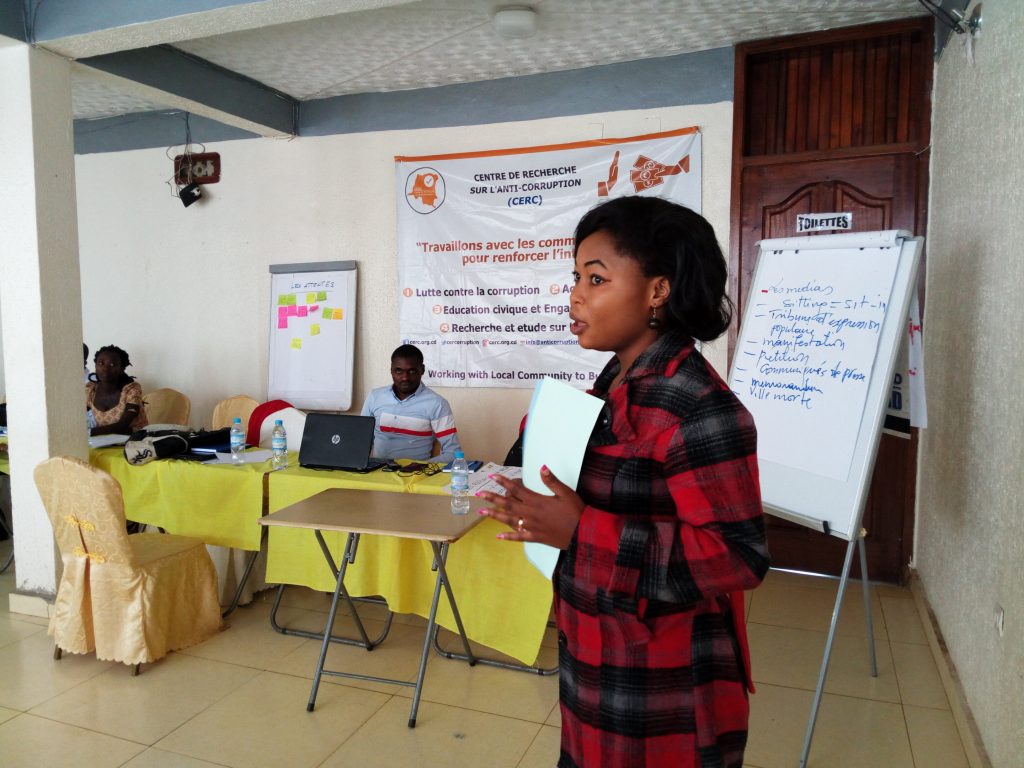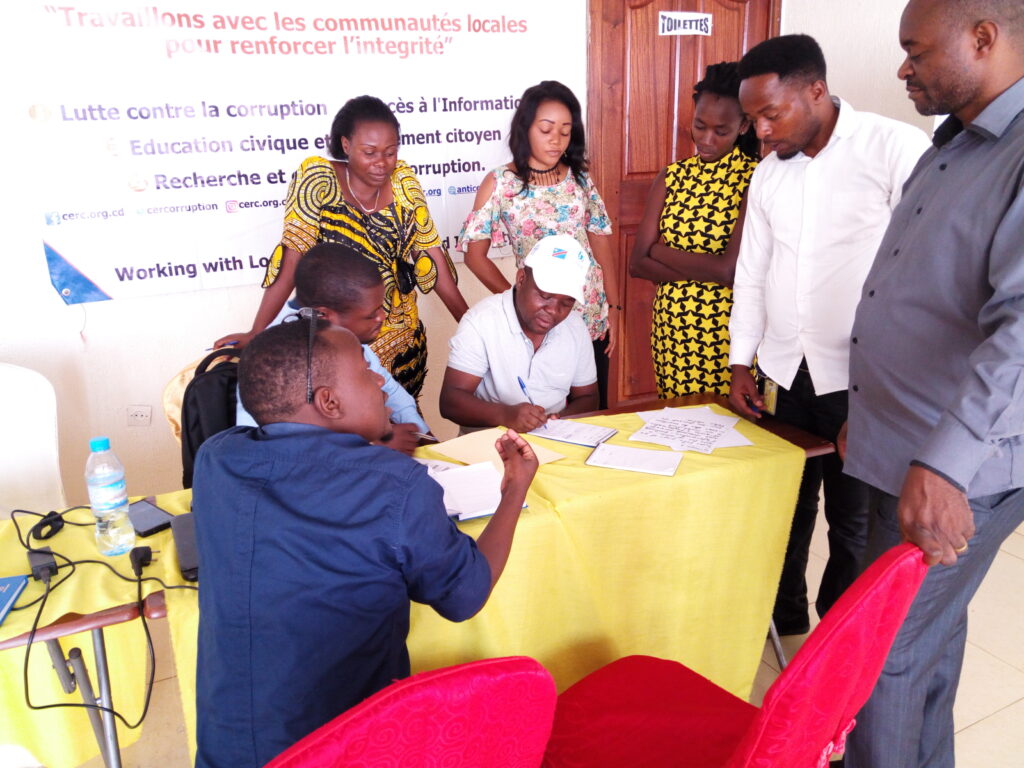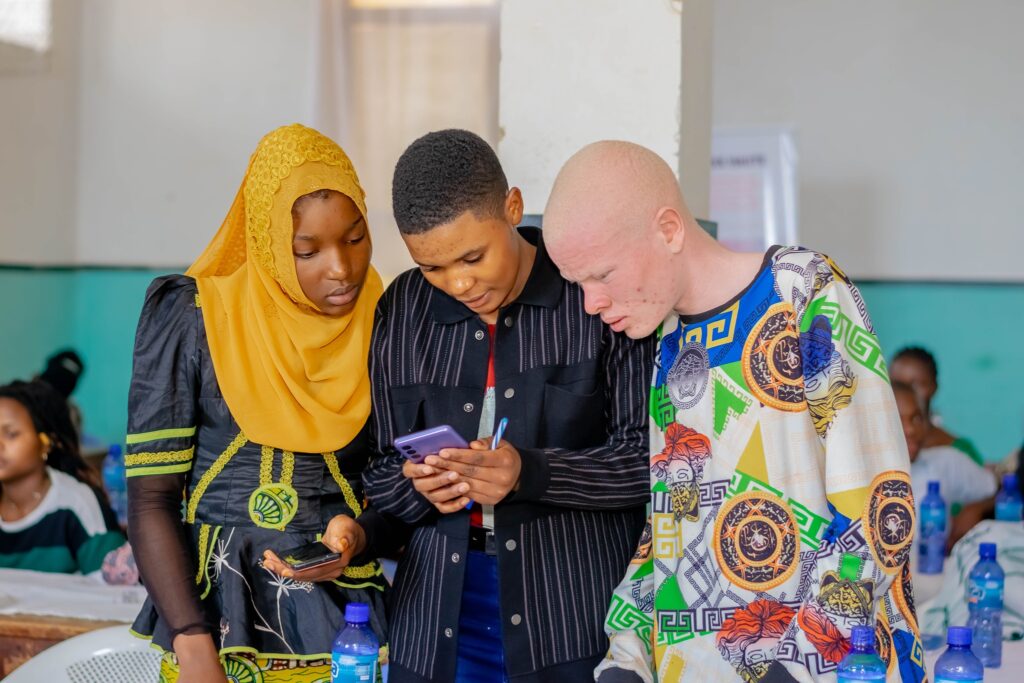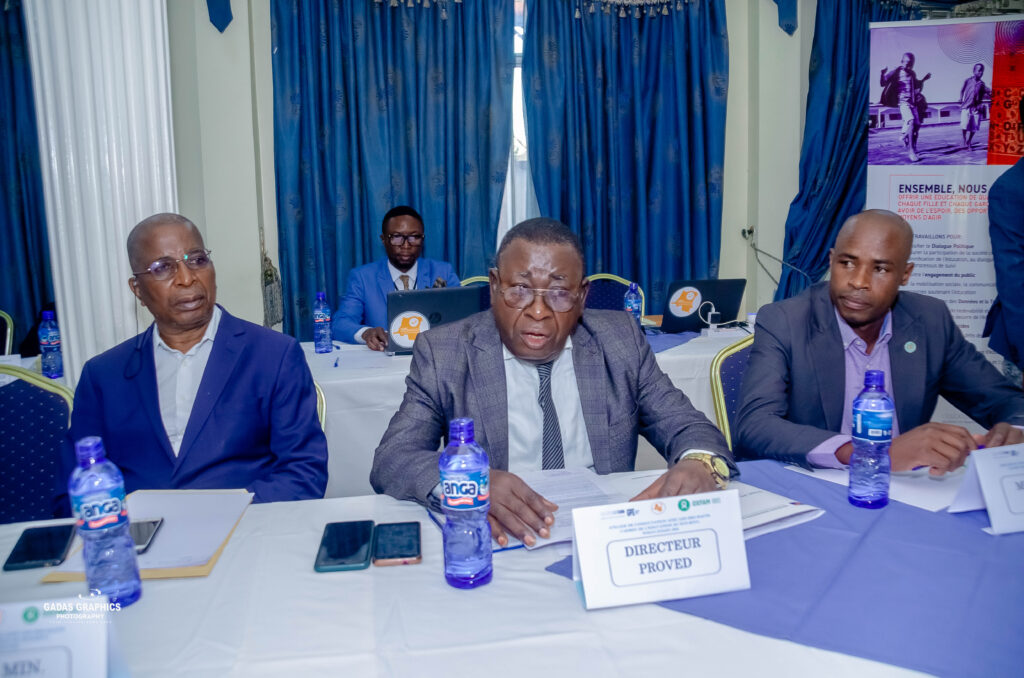Theory of Change
Our Theory of Change adopts a holistic approach to promoting integrity through knowledge & capacity-building, movement building, and influencing decision-makers.
Our theory of change argues that development works best when young people participate in community problem solving- when young people work with their leaders to ensure their needs are met, and public commitments are fulfilled.
CERC partners with young people to capture critical insights on the governance and accountability issues and provide them with knowledge, skills, and tools to design and implement solutions.

Here is how it works:

Give young people a stake in their own communities
Our programs help young people engage in the planning and monitoring of government programs in their communities. Young people gain and share knowledge to help communities make decisions, along with the skills to constructively engage, with authorities and hold public officials accountable. Increased youth participation also means more public oversight and less opportunity for corruption.
Community feedback mechanisms
For young people to exercise effective accountability, they need a set of standards that those responsible are expected to meet, indicators against which performance is measured, and monitoring frameworks to produce data that assesses performance. Most of our programs use community monitoring on the quality of services to improve their effectiveness in achieving intended results, involving a range of instruments, including citizen reports and community scorecards, citizen budget monitoring and expenditure tracking, and using media pressure.


Connecting young people with their local governments
Our programs encourage dialogue between young people and their governments. Young people and service providers commonly have a shared objective of improving the quality of public services. Many of our programs focus on improving citizen feedback to service providers, supported by hard evidence and data and the preparation of authorities to receive citizen feedback. The result is better communication, better decision-making, and better development outcomes.